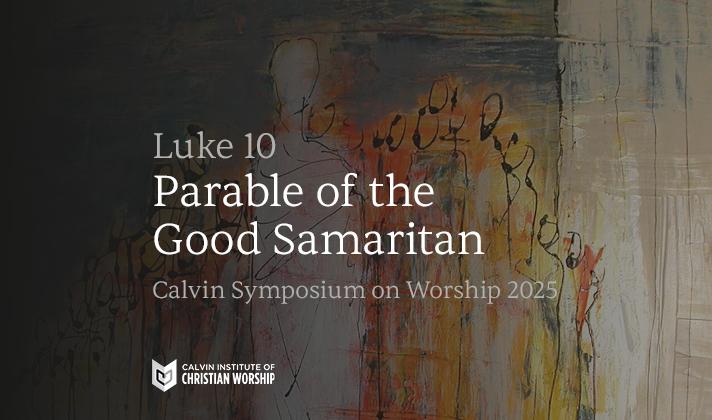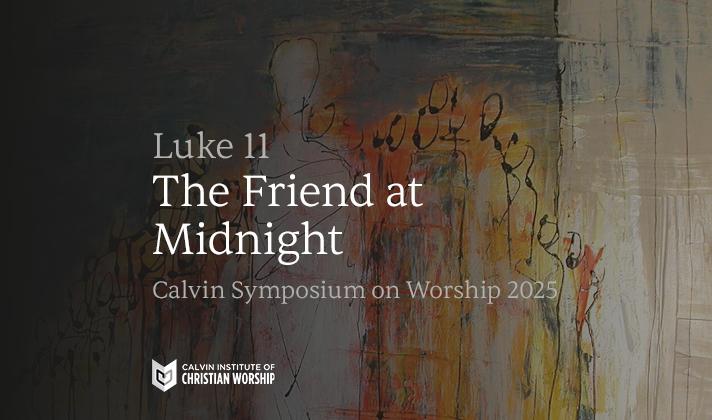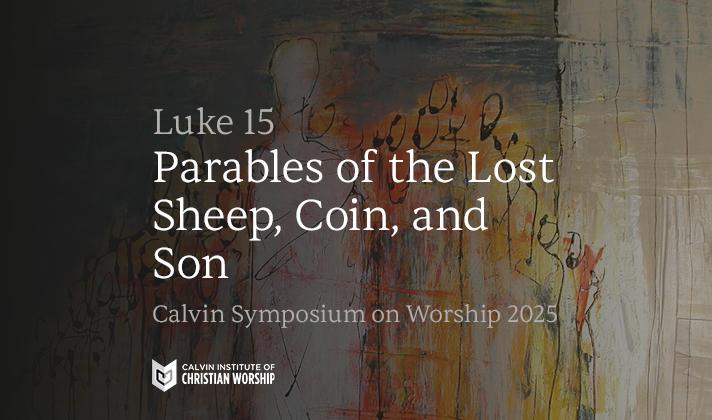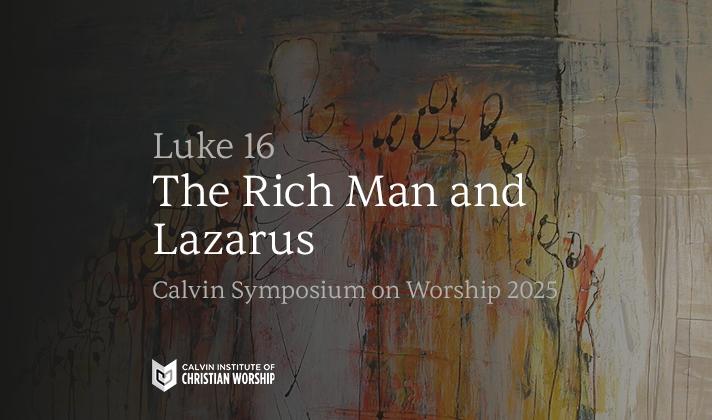This is a Q&A conversation with Lester Ruth, Research Professor of Christian Worship at Duke Divinity School, and John Witvliet, director of the Calvin Institute of Christian Worship. Lester Ruth is a historian of Christian worship with particular interests in the early church and the last 250 years, especially the history of contemporary worship. He is passionate about enriching the worship life of current congregations, regardless of style. He believes that careful reflection on the worship of other Christians--whether past or present, whether Protestant, Roman Catholic, or Eastern Orthodox--can serve to enrich the church today. Lately he has been bringing that approach to inspire contemporary songwriters, having grown concerned about the lack of a trinitarian dimension in so much worship music.
Lester Ruth's new books are Worshiping with the Anaheim Vineyard: The Emergence of Contemporary Worship (Eerdmans, 2016) and Lovin' on Jesus: A Concise History of Contemporary Worship (Abingdon Press, 2017), co-authored with Swee Hong Lim.





